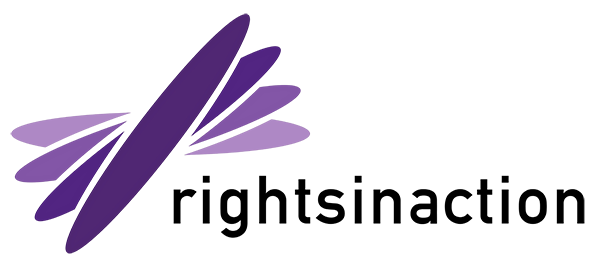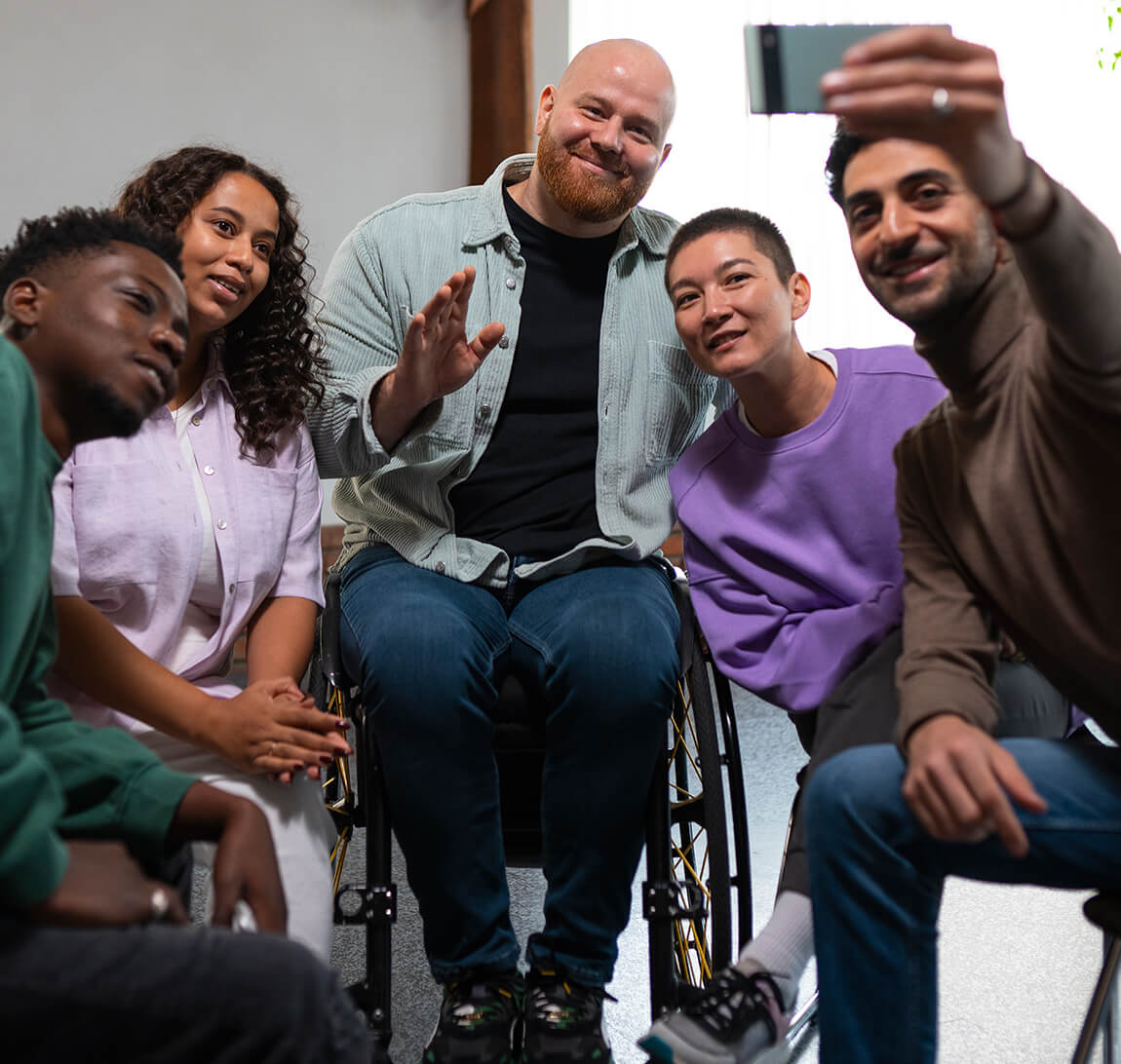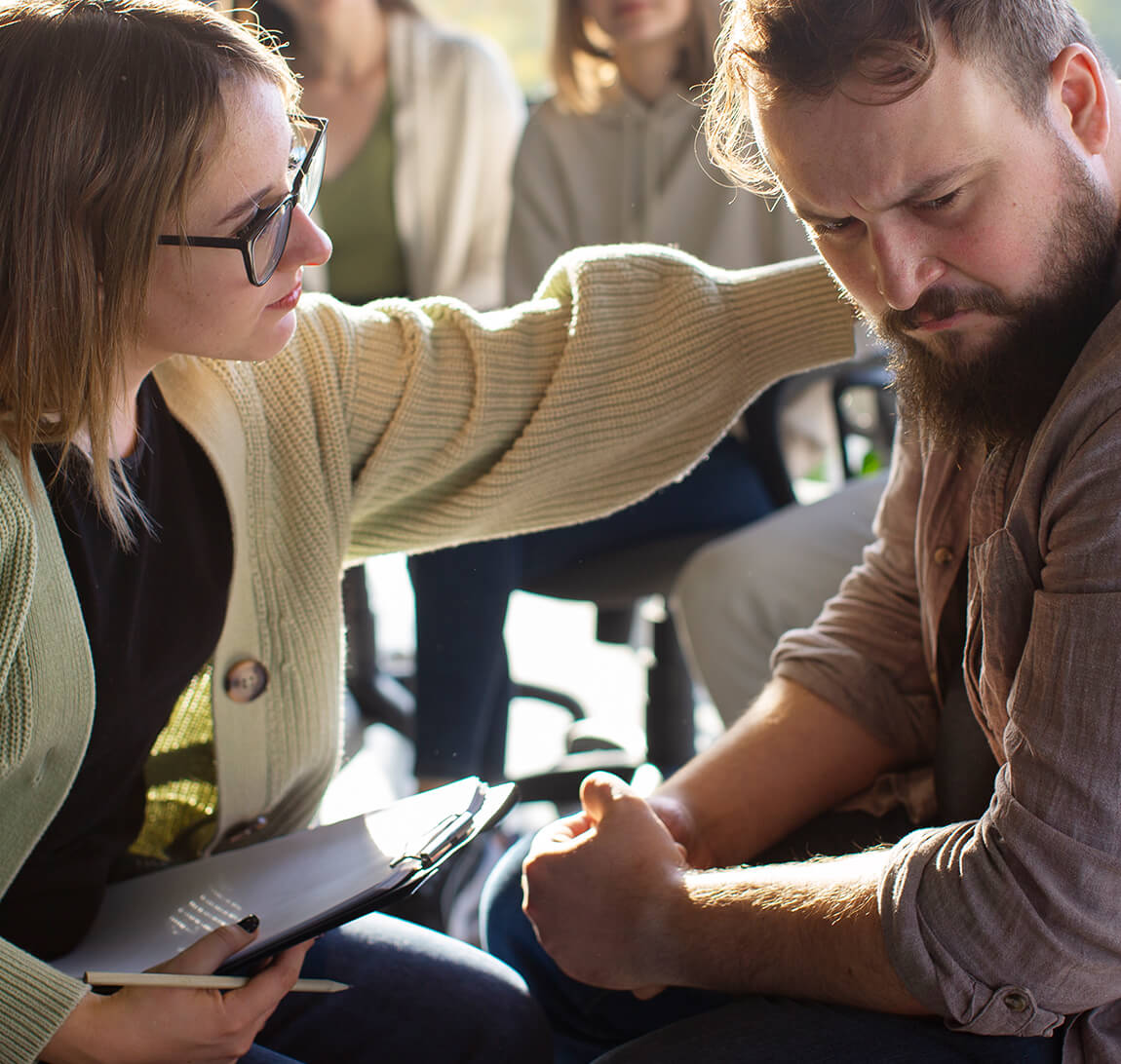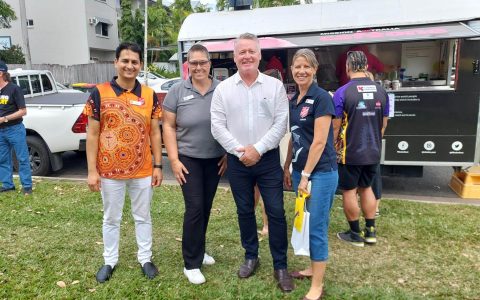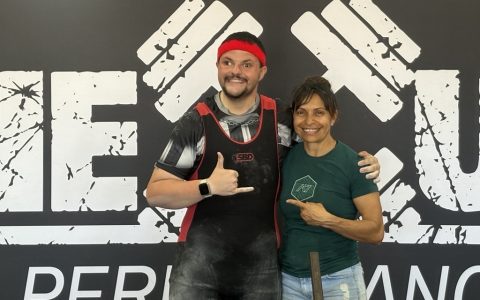
Independent Advocacy for people with disabilities & mental health.
Propelling Opportunity & Empowerment.
Book an appointment.
We’re here to answer any question you may have.
OR CALL 1800 887 688
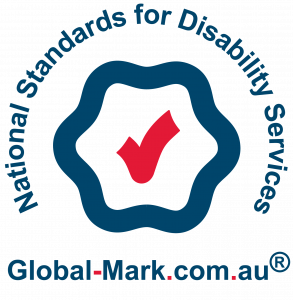
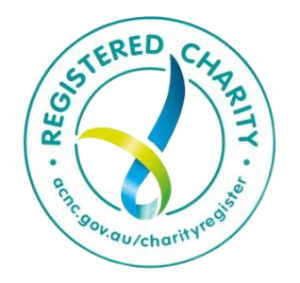
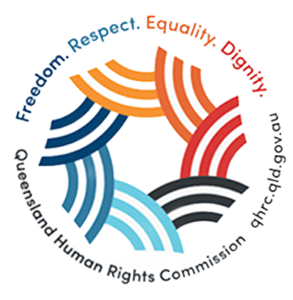
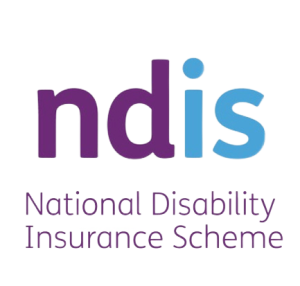
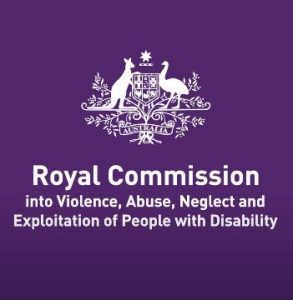


How Can Rights In Action Help You?

Uphold the rights of persons with disability and assisting people with NDIS planning and internal reviews (including self-advocacy & information and referral to local service)
Addressing barriers and discrimination, advocating for change to legislation, policy and practices.
Assisting people with disability who have experience violence, abuse, neglect or exploitation to write their submission who live in Atherton, Babinda, Cairns – North, Cairns – South, Kuranda, Malanda – Yungaburra, Tablelands and Yarrabah. Also finding communication supports such as interpreters, and access supports such as legal, financial services and counselling.
Addressing issues that arise with the NDIS and supporting people who seek external review of NDIA decisions through the Administrative Appeals Tribunal.
Provides information and support to those people, groups and agencies who share RIA’s vision for people with a disability and who are involved in, or have the potential to become involved in, supporting people with disabilities through informal advocacy.
The information, linkages and capacity building program (ILC) are a federally funded program that is developing self-advocacy resources for the community. This program will develop a range of resources to be delivered in face-to-face workshops in the community and through digital webinars.
The Young Leaders Program, part of CYDA 's broader initiative, focuses on building leadership and advocacy skills among young people with disabilities in regional and rural areas. In collaboration with Rights in Action, the program offers face-to-face engagement, empowering participants to challenge discrimination and embrace leadership roles. It welcomes young people with various disabilities, fostering inclusivity, empowerment, and a strong sense of community.
The Microcredentials Advocacy program is an initiative of Rights in Action with the collaboration of Infinite Education & Training, and is funded through the Micro-credentialing Program, powered by the Queensland Government’s Good people. Good jobs: Queensland Workforce Strategy 2022-2032.

What Is Advocacy?
Provides independent advocacy for people with disabilities and mental health to uphold their human rights and to address instances of discrimination, abuse, neglect and exploitation

How It All Works
A step by step process is listed below
Fill Out Our Form
Complete our online form to the best of your knowledge. All information provided is confidential.
Contact & Assess
Our trained professionals review your situation and will contact you via the details you provide to find your best options.
Support Identified
Depending on your situation, our trained professionals may assist you.

Some Of Our Testimonials

“Very friendly service, understanding, caring. Provided info on items we didn’t know about which will help us help Dad to become independent.” I began to understand my emotional difficulties and with the support they provided. I highly recommend it!"
Taylor Duff
Stronger Together
Our Professional Team

Raoul Wilson
General Manager

Angelika Williams
Assistant Manager, Advocate

Doreen Deede
Advocate Engagement Officer NDIS
Our Latest News
From Announcements, Newsletters & Articles

Have An Inquiry, Complaint Or Feedback?
Fill out the form to send us an email or provide direct Feedback HERE
*Please note that this form is for general inquires only and is for NOT for advocacy issues. If you require advocacy assistance please go to our referral form.
CAIRNS
Address: 2/192 Mulgrave Road, Westcourt, QLD
Mail: PO Box 1041N, Cairns North, QLD 4870
Telephone: 1800 887 688
Email: [email protected]
TOWNSVILLE
Address: 1, 1-3 Barlow Street, South Townsville, QLD
Mail: PO Box 3065, Hermit Park QLD 4812
Telephone:1800 887 688
Email: [email protected]
OUR OPENING TIMES
Monday to Friday 9am –4:30pm

Frequently Asked Questions
Find below our most commonly asked questions.
While Rights In Action focuses on disability advocacy, here are some local health services that can help:
- Cairns Base Hospital: 65 Esplanade, Cairns City | Phone: (07) 4226 0000
- Townsville University Hospital: 100 Angus Smith Dr, Douglas | Phone: (07) 4433 1111
- Queensland Health Community Health Services: 13 HEALTH (13 43 25 84)
- GP & Allied Health Services: healthdirect.gov.au
- Northern Australia Primary Health Ltd (NAPHL) – Allied Health & Mental Health Services | com.au | Phone: (07) 4421 7700
- Wuchopperen Health Services (Cairns) – (07) 4080 1000
If you are in immediate danger, call 000 for police, fire, or ambulance.
For urgent crisis support:
- Cairns Crisis Accommodation Service (CCAS): (07) 4031 6108
- Townsville Women’s Centre – Crisis Support: (07) 4775 7555
- Lifeline Far North QLD: 13 11 14 (24/7 Crisis Support)
- SES (State Emergency Service): 132 500 (Floods, storms, emergencies)
Your safety is important. We recommend reaching out to these local services:
- DVConnect (Statewide 24/7 Helpline): 1800 811 811
- Cairns Regional Domestic Violence Service: (07) 4033 6100
- North Queensland Domestic Violence Resource Service (Townsville): (07) 4721 2888
- 1800RESPECT: 1800 737 732 (National counselling and support)
For community support, these local services may be helpful:
- Centacare North Queensland (Cairns & Townsville): (07) 4044 0130
- FNQ Volunteers (Cairns): (07) 4041 7400
- Townsville Multicultural Support Group: (07) 4772 4800
- My Aged Care (National) – 1800 200 422 | gov.au
- ADA Australia Aged and Disability Advocates | ADA Australia
While we focus on advocacy, here are local legal services that may assist:
- Legal Aid Queensland (Cairns Office): (07) 4031 4766
- Legal Aid Queensland (Townsville Office): (07) 4724 5600
- Community Legal Centre North Queensland: (07) 4721 5511
- Townsville Community Law Inc. (07) 4721 5511
- Aboriginal and Torres Strait Islander Legal Service (ATSILS) Cairns: (07) 4046 6400
Housing stability is critical. Please contact:
- Cairns Housing Service Centre: (07) 4036 5460
- Townsville Housing Service Centre: (07) 4724 8500
- Tenants Queensland Advice Line: 1300 744 263
- Shelter Housing Action Cairns (SHAC): (07) 4031 7388
For mental health support in North Queensland, please contact:
- Cairns Mental Health Access Line: 1300 MH CALL (1300 642 255)
- Townsville Mental Health Access Line: 1300 642 255
- Headspace Cairns: (07) 4041 3780
- Headspace Townsville: (07) 4799 1799
- RAATSIC (Regional & Remote Aboriginal and Torres Strait Islander Child & Youth Mental Health): (07) 4030 0900
- Lifeline 131114
- Kids helpline Phone Counselling Service | 1800551800
- Suicide Call back services 1300659467
Absolutely! Rights In Action provides advocacy for people with disabilities. For additional resources, please contact:
- National Disability Insurance Scheme (NDIS): 1800 800 110
- Cairns NDIS Local Area Coordination (LAC) – Mission Australia: (07) 4034 8800
- Townsville NDIS LAC – Feros Care QLD: (07) 4755 9600
- Queensland Disability Network (QDN): (07) 4041 1300
If you are concerned for a child’s safety, please contact:
- Child Safety Services (Cairns) – (07) 4039 8000
- Child Safety Services (Townsville) – (07) 4796 8540
- Child Safety After Hours Service Centre – 1800 177 135 (24/7 Statewide)
- Family and Child Connect (Support for Families) – 13 FAMILY (13 32 64)
You can fill out this Feedback Form HERE
Other useful referral pathways
Cairns Disability Network - Queensland
www.cairnsdisability.net.au
Early Days Online Workshops
www.earlydays.com.au
Townsville Disability Network
www.townsvilledisability.net.au
Disability Gateway
www.disabilitygateway.gov.au
Autism Queensland
www.autismqld.com.au
Children with Disability
www.raisingchildren.net.au/disability
Qld Disability Connect
www.dsdsatsip.qld.gov.au
Ask Izzy
www.askizzy.org.au
Need More Help?
Email us on [email protected]
GET INVOLVED
Your donation makes a real difference!
Book an appointment.
We’re here to answer any question you may have.
